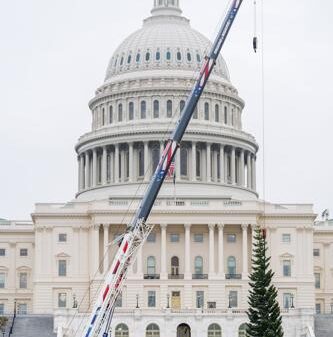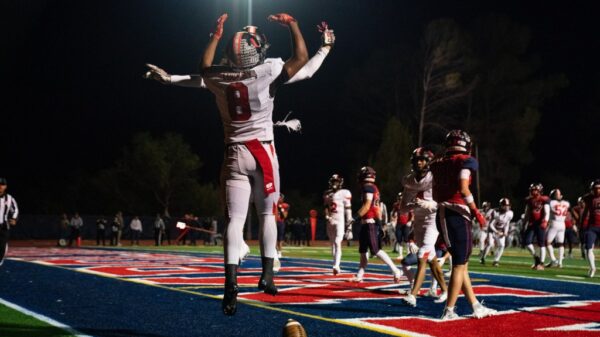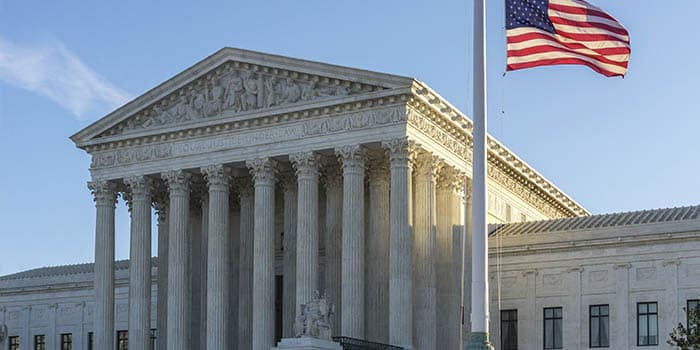URGENT UPDATE: Legal uncertainty is gripping the prediction market landscape as states and courts intensify scrutiny on contracts linked to sports events. As of now, the future of companies like Kalshi hangs in the balance, with potential implications for the entire sports betting industry.
In a revealing discussion with analysts from Jefferies, sports betting lawyer Daniel Wallach emphasized that the crux of the debate lies in how the Commodity Exchange Act (CEA) defines “swaps.” This act, regulated by the Commodity Futures Trading Commission (CFTC), could potentially classify outcomes of sports events as economic agreements. Should this interpretation gain traction, it would open the door for Kalshi, which claims its yes/no event contracts are derivatives rather than traditional sports bets.
However, the conversation is far from settled. Critics argue that Kalshi is sidestepping state gambling regulations by exploiting legal loopholes to operate nationwide. Traditional sportsbooks, including major players like DraftKings and Flutter Entertainment, the parent company of FanDuel, are growing increasingly frustrated with the existing legal ambiguity. If Congress or the courts determine that sports outcomes qualify as swaps, these established firms could enter the market on equal footing with Kalshi.
The stakes are high, and the clock is ticking. Wallach warned that a swift resolution appears unlikely, as Congress shows little urgency to address the issue, and legal battles can drag on for years. This ongoing uncertainty creates a unique opportunity for prediction market companies to thrive while their competitors remain on the sidelines.
Adding to the pressure, Kalshi is facing mounting legal challenges at the state level. In Massachusetts, Attorney General Joy Campbell has initiated legal proceedings against the company, with a Superior Court hearing scheduled for later this month to consider an injunction. Meanwhile, in California, tribal gaming operators, who possess exclusive rights to sports betting under state agreements, are closely monitoring the situation. Should they decide to take legal action, it could further complicate Kalshi’s operations.
Industry experts highlight that while federal action could establish nationwide regulations, the immediacy of state court actions will likely pressurize Kalshi even more. Currently, prediction markets exist in a gray area, operating under federal approval but facing escalating disputes at the state level.
As the legal landscape evolves, the future of prediction markets remains uncertain. Stakeholders are eagerly watching for developments that could reshape the industry. The next few weeks will be critical, with key hearings and decisions on the horizon. Whether clarity emerges or the chaos continues will significantly impact not only Kalshi but the entire sports betting ecosystem.
Stay tuned for updates as this situation rapidly unfolds. The implications of these legal battles could redefine how prediction markets operate and how they are perceived in the broader gambling landscape.








































































